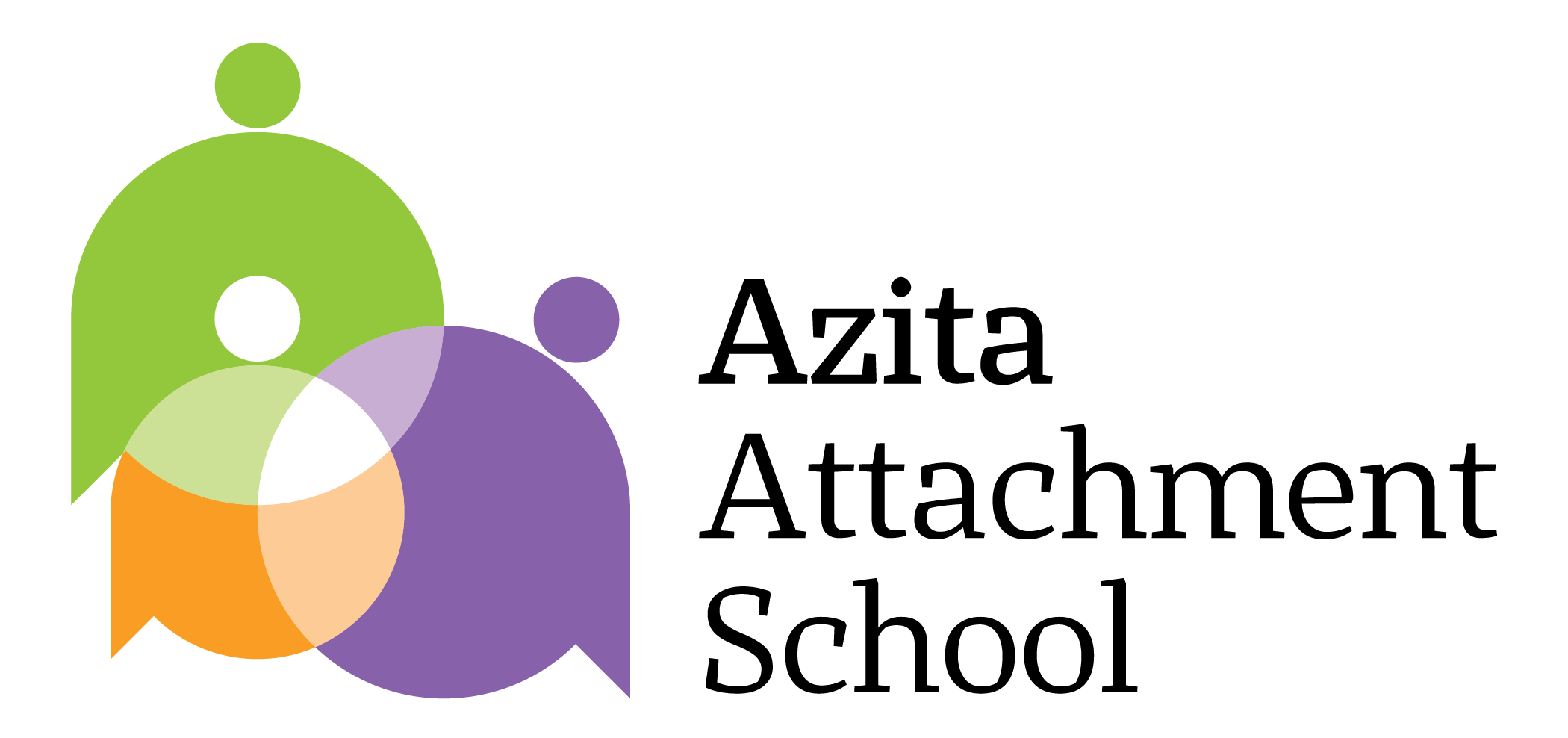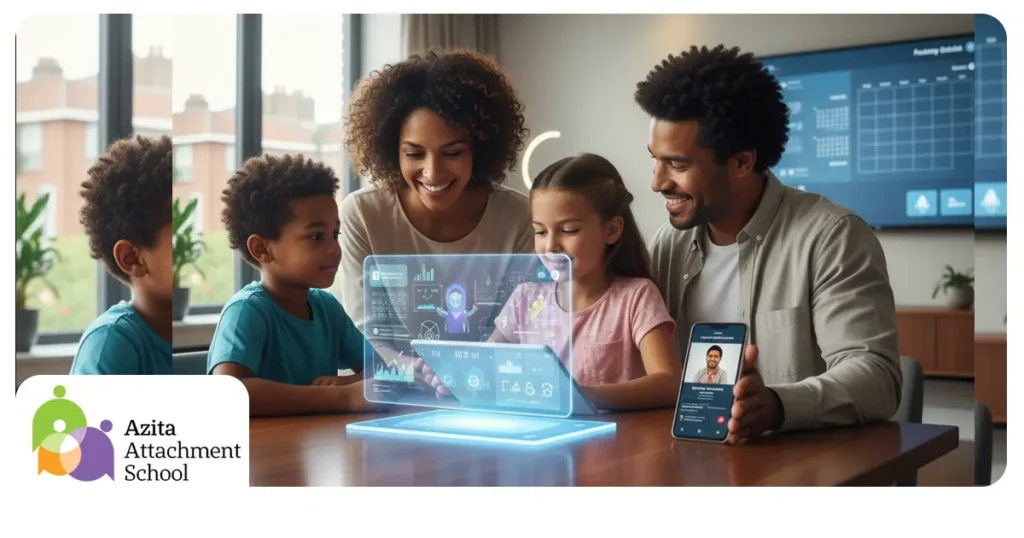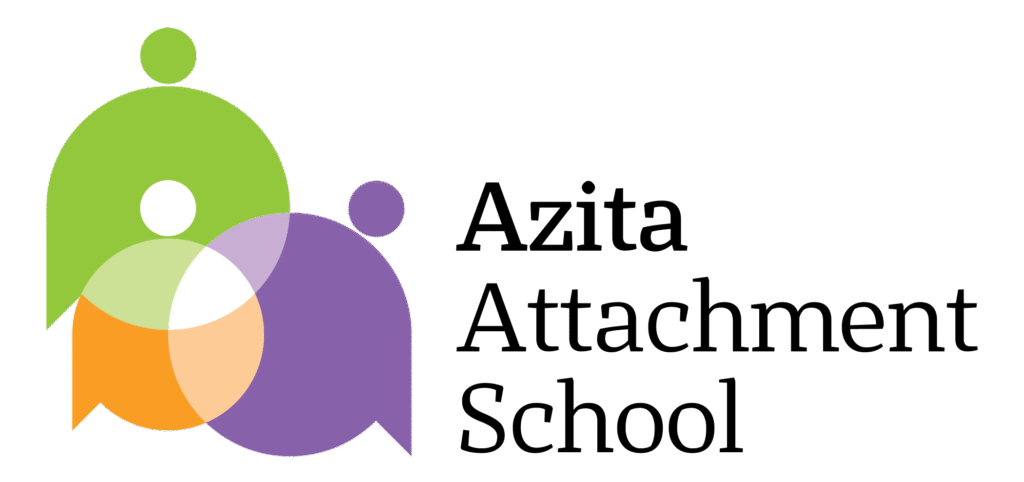AI and technology are reshaping how parents connect and learn. Discover how digital tools influence parent–child relationships and how to keep empathy alive in the tech era.
Introduction
Parenting has entered a new era.
Children today learn from screens, talk to chatbots, and grow up in a world where answers are instant.
For parents, this shift is both empowering and overwhelming. Coaching in the age of AI means finding a balance between technological help and human connection.
Research Overview
- arXiv (2025): AI-driven parenting tools help monitor emotions and customize coaching.
- APA (2024): Parents using emotional-learning apps improve consistency and empathy.
- Harvard Lab (2023): Tech can foster empathy if used intentionally.
- UNICEF (2024): Warns that overreliance on digital tools may weaken real emotional bonds.
How Technology Is Changing Parent Coaching
- Accessibility: Global reach of coaching platforms.
- AI as a companion: Real-time emotional feedback and suggestions.
- Self-awareness tools: Apps help parents recognize stress patterns.
- Personalized learning: Adaptive guidance based on each child’s profile.
Hidden Risks
- Replacing warmth with algorithms.
- Overreliance on data and apps.
- Reduced face-to-face interaction.
- Privacy and data security issues.
Attachment Perspective
Attachment theory reminds us:
“Children need attuned faces more than perfect feedback.”
Eye contact, tone, and emotional presence shape neural circuits for empathy.
Technology should support human connection, not replace it.
Case Study
Sara’s Father, age 42:
He used an AI-based parenting app to monitor communication. It helped at first, but he realized he was analyzing charts more than listening to his daughter.
After coaching, he created daily “tech-free” time for connection — 30 minutes of shared laughter and presence.
Step-by-Step Guidelines
- Don’t outsource connection.
- Create screen-free family rituals.
- Use tech as a discussion starter.
- Let AI guide, not decide.
- Blend human and digital coaching.
Scientific Perspective
Neuroscientists like Patricia Kuhl found that children’s brains develop empathy through live human interaction, not digital simulation.
Thus, AI can teach skills — but only humans teach love.
Practical Tips
30-minute tech-free connection daily.
Discuss online content with curiosity.
Use AI tools for learning, not control.
Ask: “How much of my parenting is present, not digital?”
Conclusion
Parenting in the age of AI is not about rejecting technology, but mastering it wisely.
When used consciously, AI can expand parental insight; when overused, it steals presence.
True parenting will always rely on one irreplaceable system — the human heart.
References
- arXiv (2025). AI Tools in Parent Coaching and Family Support.
- APA (2024). Digital Parenting and Emotional Learning Apps.
- Harvard Digital Wellbeing Lab (2023). Tech and Connection.
- UNICEF (2024). Children and AI: Opportunities and Risks.
- Patricia Kuhl, University of Washington Research (2023).


